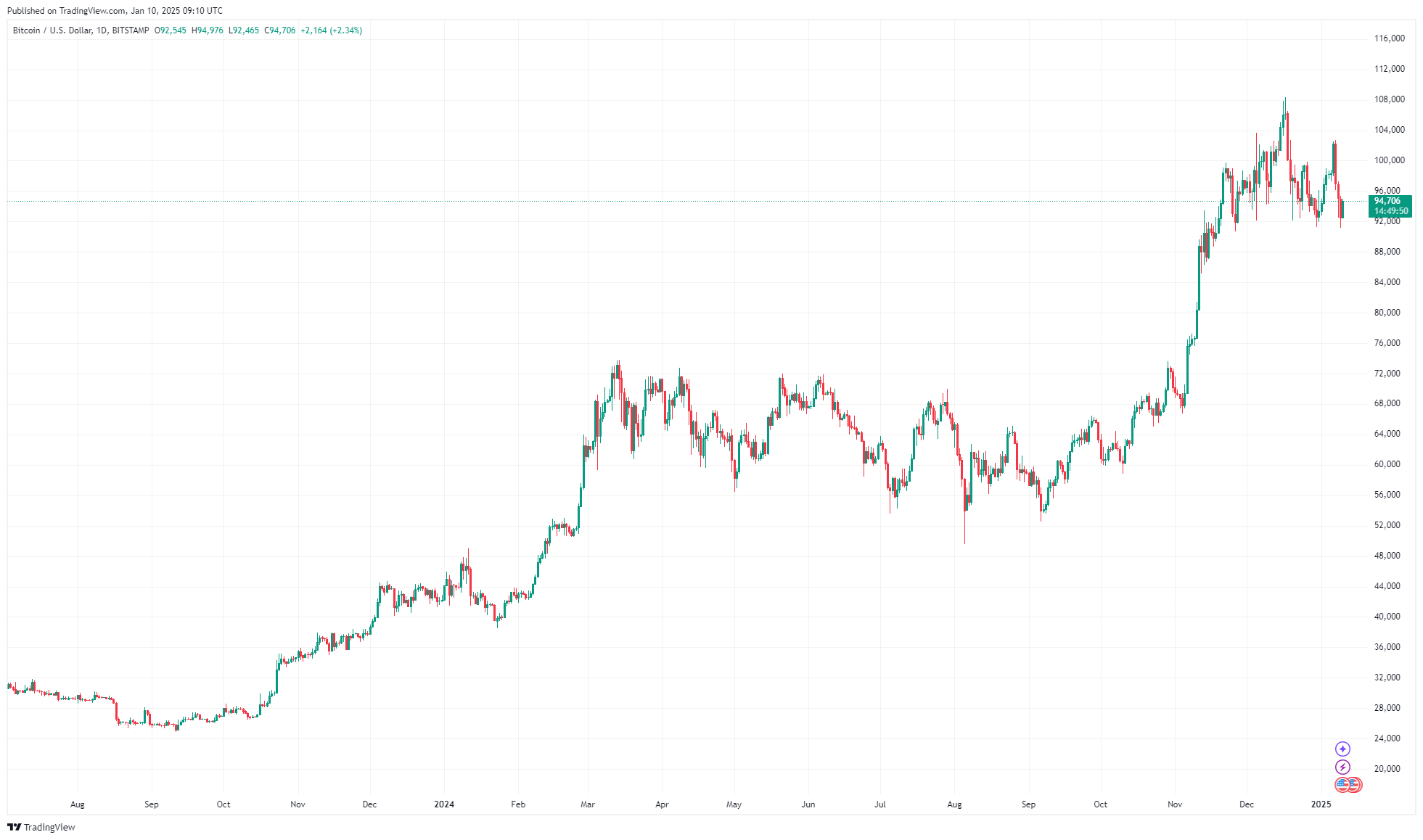A U.S. court has authorized the Department of Justice (DoJ) to liquidate approximately $6.5 billion worth of seized bitcoin associated with the infamous Silk Road darknet marketplace. The decision ends a protracted legal battle with Battle Born Investments, a private asset management firm that claimed ownership of the seized cryptocurrency.
The ruling centers on bitcoin seized in 2020 from an individual identified in court documents as "Individual X," an anonymous hacker. Federal authorities were able to trace the wallet back to Silk Road, one of the largest online black markets that ceased operations in 2013. Battle Born Investments argued that they had a legitimate claim to the assets, but a federal judge denied their petition and confirmed the DoJ's ownership.
Market impact of a $6.5 billion bitcoin sale?
The DoJ now has permission to sell the bitcoin, adding to its history of substantial cryptocurrency liquidations. The federal agency currently holds close to 200,000 bitcoins, valued at approximately $19 billion as of today. If sold, this would be one of the largest government-initiated crypto liquidations, raising concerns among investors about potential downward pressure on bitcoin's price.

Bitcoin's price action over the past few days underscores these concerns. In particular, the U.S. government recently transferred nearly $2 billion in Silk Road-related bitcoin to Coinbase on December 3, 2024, potentially signaling the start of the liquidation process. The U.S. Marshals Service (USMS), a division of the DoJ, is managing these assets through a custodial agreement with Coinbase Prime, but the exact strategy for selling these holdings remains undisclosed.
Trump could challenge authorties
The timing of the court's decision coincides with heightened political discourse surrounding federal cryptocurrency holdings. President-elect Donald Trump has pledged to establish a "permanent national asset" by retaining all confiscated bitcoin, potentially increasing the government's crypto reserves. This policy shift could prevent further bitcoin sales and reshape how federal agencies manage confiscated digital assets. With Trump's inauguration on January 20, the DoJ has a limited amount of time to carry out its liquidation plans. If there is a delay, the incoming administration could impose a freeze on the funds.
"I hereby announce that, if elected, it will be the policy of my administration to forfeit 100% of all bitcoins currently held by the U.S. government or acquired in the future." - Donald Trump, President-elect of the United States








